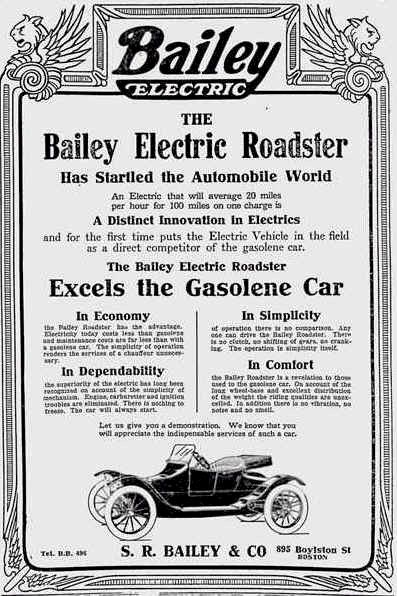The questions are:
What is it?
What was it called?
Where was this particular item to be used?
Bonus: Why was I able to get so many of them so cheaply? Hint: 1971
What is it? - a capacitor, you got that right away
What was it called? - They were commonly called Computer Grade Electrolytic Capacitors In fact in this picture there is a marking on the item “CGS” The CG I presume, stood for Computer Grade. The S designation meant that it wasn’t up to the highest of standards. Still a cut above other standards of the time.

Where was this particular item to be used? Of course I can’t be absolutely sure but probably in a main frame computer, and probably in a linear power supply.
Back in the late 60’s and early 70’s there was a 10 mile stretch of route 128 that had a high density of high tech companies. Also at that same time there was alot of changes taking place in the computer industry. garrybunk zeroed in on that in his investigations. allan d knows his parts and even guessed the manufacturer. dave_ realized that manufacturers were also going from linear power supplies to switching power supplies, which do not require such large filter capacitors.
Now the reason I was able to get them so cheap:
Back then, in the Boston area, there were all those high tech companies that were in the middle of a revolution in computer technology. Tech was advancing so fast and computers were becoming obsolete much sooner than they were ever expected to. I lived in Connecticut, in reasonably close proximity to Boston. At that time there was a lot of computer surplus available and there were quite a number surplus stores set up to dispose of it all. First of all, form a Wikipedia article on route 128, here is a list of some of the more well known companies in that area.
Digital Equipment Corporation
Data General
BBN Technologies
Thermo Electron and Fisher Scientific, later merged as Thermo Fisher Scientific
Analog Devices
Computervision
Microsoft
GTE
Honeywell Information Systems
MITRE
Polaroid
Sun Microsystems
BEA Systems
Turbine, Inc.
EMC Corporation
Autodesk
Raytheon
Wang Laboratories
Apollo Computer
Prime Computer
Cullinet
Most of these companies were main frame computer companies and did not survive the shift in computers.
On the surplus market there was literally TONS of surplus computers, parts, boards etc. for next to nothing.
To me it was a magical time. Every once and awhile I would leave Connecticut, and do the route. Go from surplus store to store, just looking in amazement at all the high quality stuff for cheap. Also at that time, in the same areas, there was a lot of vacant manufacturing space. Those buildings made perfect cheap warehouses for the surplus dealers.
I bought those capacitors at “Delta Electronics” in Amesbury, MA. The owner was a retired Engineer and his son owned the building he was in, and did not charge him any rent. The building was an old automobile manufacturing plant.

See, they even had electric cars in 1914, went 100 miles on a single charge!
Or so they said 
It was HUGE, and it was FULL. This guy had pallets and pallets of stuff, most never even gone through. I got friendly enough with him that he would let me rummage through and look for stuff. One visit, while rummaging, I found thousands of brand new capacitors, in boxes that were never opened. As I said earlier, capacitors were hard to come by and were very expensive. Also, there were no wall warts of switching power supplies as there are now. If you were going to build anything, you also had to build a power supply. That meant a transformer, some diodes and capacitors, big capacitors if you were going to draw any significant amount of current.
Anyway, I put my pile together and the time came to pay up. I told him about the hoard of capacitors that I found (I don’t think he even knew he had them) and asked him how much. This time instead of giving me a price, he looked me straight in the eye and said “you tell me”. I looked him straight back and said “5 bucks”
I could tell he was taken aback a little, but he said alright.


